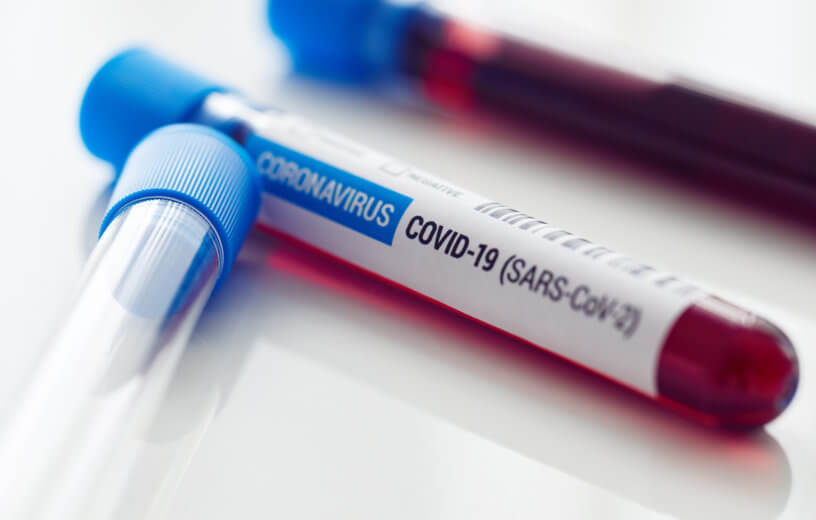PORTLAND, Ore. — Breakthrough cases of COVID-19 are becoming more common as new variants like Delta and Omicron emerge. While that may seem like bad news for vaccinated Americans, a new study finds there’s a silver lining to this problem. Researchers from Oregon Health & Science University (OHSU) have discovered that breakthrough COVID cases among vaccinated individuals actually leads to them developing “super immunity” to future COVID variants.
Study authors found that a breakthrough infection generates an even greater immune response against the Delta variant. In fact, researchers say the antibody response is up to 1,000 percent more effective at stopping COVID variants than full vaccination alone.
The team notes this is the first study so far that’s using live coronavirus variants to measure the immune response in blood samples from vaccinated people experiencing a breakthrough case of COVID.
“You can’t get a better immune response than this,” says senior author Fikadu Tafesse, Ph.D., assistant professor of molecular microbiology and immunology in the OHSU School of Medicine, in a university release. “These vaccines are very effective against severe disease. Our study suggests that individuals who are vaccinated and then exposed to a breakthrough infection have super immunity.”
The new ‘end game’ in beating COVID-19
Researchers compared the blood samples of 52 people working at OHSU who all received the Pfizer vaccine before the study. The team discovered that 26 of these employees had a mild breakthrough case of COVID after their two doses of the vaccine. Ten of these cases involved the Delta variant, nine were non-Delta strains, and seven had a breakthrough case involving an unknown variant of the virus.
Once these mild infections pass, however, the study finds a person’s immune response actually strengthens against future infections and newer mutations of the virus.
“I think this speaks to an eventual end game,” explains co-author Marcel Curlin, M.D., as OHSU associate professor of medicine and medical director of OHSU Occupational Health. “It doesn’t mean we’re at the end of the pandemic, but it points to where we’re likely to land: Once you’re vaccinated and then exposed to the virus, you’re probably going to be reasonably well-protected from future variants.”
“Our study implies that the long-term outcome is going to be a tapering-off of the severity of the worldwide epidemic,” Dr. Curlin adds.
Can this ‘super immunity’ defeat Omicron?
In the real world, COVID vaccines are facing their greatest challenge yet, as the Omicron variant is quickly taking over Delta’s position as the dominant strain worldwide.
“We have not examined the omicron variant specifically, but based on the results of this study we would anticipate that breakthrough infections from the omicron variant will generate a similarly strong immune response among vaccinated people,” Tafesse says.
In lab tests, researchers found that blood from breakthrough cases generate more antibodies in comparison to normal (or baseline) blood samples. This made the antibody response “substantially better” at neutralizing live samples of COVID variants in experiments.
With these results in hand, the team says acquiring super immunity during the pandemic all starts with getting a COVID-19 vaccine. Current estimates show that just over six in 10 Americans now have their COVID vaccinations. It remains unclear if booster shots will be necessary for every member of the population.
“The key is to get vaccinated,” Curlin concludes. “You’ve got to have a foundation of protection.”
The findings are published in the Journal of the American Medical Association (JAMA).
